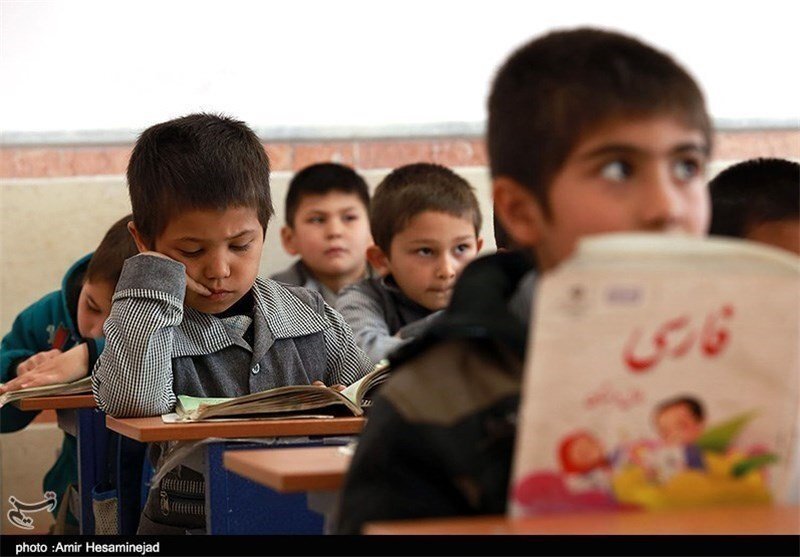Life of Afghans in Iran has set a new pattern for migration

TEHRAN – The friendly life of Afghan nationals in Iran has set a new pattern for migration, head of the Iranian Judiciary's High Council for Human Rights, has said.
The two nations of Iran and Afghanistan share similarities in religion, culture, and civilization that are so close, Ali Bagheri-Kani said on Thursday during a meeting with Afghan immigrants in Tehran.
The West is using all the capacities to turn the differences between the two nations of Iran and Afghanistan into a dispute and then a conflict in order to achieve their illegitimate interests, he lamented.
“The High Council for Human Rights makes effort to highly protect the rights of immigrants living in Iran,” he highlighted.
Iran among top 20 Asian migrant countries
Iran was placed 16th among the top 20 Asian migrant countries in 2019, and the fifth top country by total refugees and asylum seekers in 2018, according to the 2020 World Migration report released by International Organization for Migration (IOM).
Iran among top 10 refugee-hosting countries
In 2018, Pakistan and Iran were also among the top 10 refugee-hosting countries, as the two principal hosts of refugees from Afghanistan, the second-largest origin country.
At the end of 2018, Iran hosted close to 1 million refugees, making it the sixth-largest refugee host country in the world.
Iran also was the eighth largest refugee-hosting country in the world in 2019, hosting 951,142 Afghan refugees and 28,268 Iraqi refugees, according to the UNHCR.
Foreign nationals in Iran
Many of the refugees living in Iran are the second and third generation, according to the UNHCR.
In addition to Afghan refugees, there are about 2.5 million Afghans living in Iran, including those having a passport and undocumented Afghans. 450,000 Afghan who did not have identity cards or birth certificates have received Iranian visas that allow them to live, work or study in the country.
There are 40,000 Afghan students in the country, according to the official report, 17,000 of them are graduated, while the unofficial report is estimated at 26,000.
Some 47,000 people were trained and 10 percent of legal refugees were covered by social insurance with the help of the UNHCR, and other foreign nationals can pay for health insurance like Iranians.
In light of the COVID-19 pandemic, undocumented Afghans who have access to free primary health services and similarly free COVID-19 related testing, treatment, and hospitalization, just like nationals.
FB/MG
